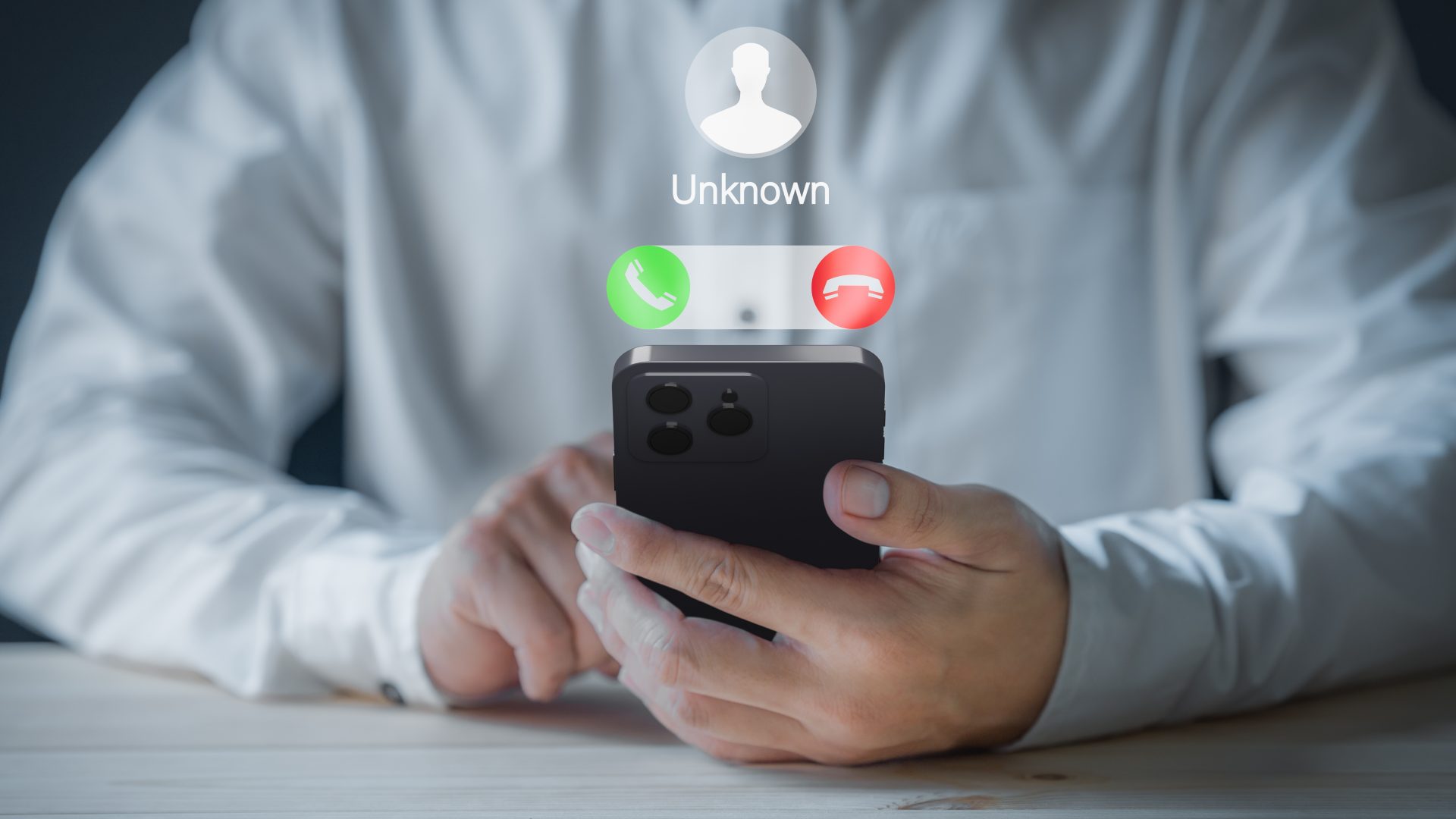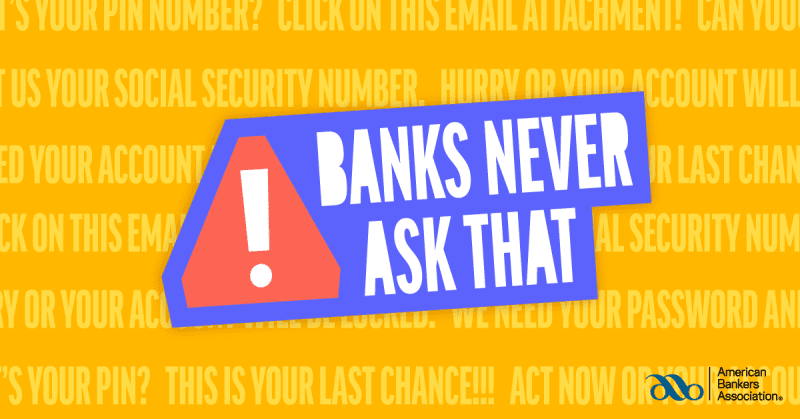The newest trend in cybercrime is the use of cybercriminal-controlled call centers to trick you into providing your bank or credit card information. Cybercriminals try to use real people in fake call centers to convince you that a scam is legitimate.
A recent call center scam starts with an email that appears to be an invoice for a very large purchase. It is not clear what company this invoice is from or what was purchased, but the payment amount is listed six times. The email also starts and ends with a line directing you to call their number if you did not authorize the transaction. If you call the number provided, a representative happily offers to refund you. But first, they’ll need your bank or credit card information. Unfortunately, the representative is actually a cybercriminal who plans to use your payment information for their own devious purposes.

Follow these tips to stay safe from this social engineering attack:
- The invoice in this attack is specifically designed to cause alarm and frustration. Cybercriminals target your emotions in hopes of tricking you into acting impulsively. Always think before you click.
- A valid phone number doesn’t mean that an email is legitimate. Cybercriminals are real people who can lie over the phone, just as they lie in phishing emails.
- Instead of calling the provided number, reach out to your bank or credit card company to verify the details of the transaction. If by chance there has been unauthorized usage, your bank or credit card company can help correct the issue.
Thanks to KnowBe4 for providing the information on these fraud practices!




